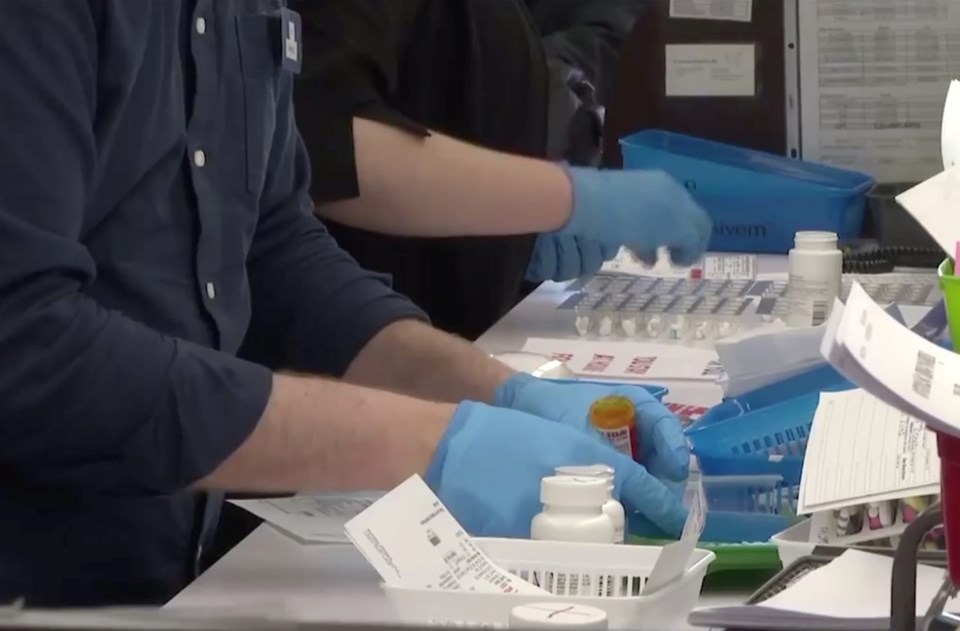Last week, I went to the local pharmacy to refill my Symbicort prescription — it’s an inhaler for asthma. When I arrived, I was told none were available.
Luckily, I found a drugstore that had just one left, and hurried over to get it.
Now you would think that since COVID-19 is a respiratory disorder, our drug industry would be turning out inhalers at an accelerated rate. And for all I know, they are. But that’s not the problem.
Apparently what’s going on is that suppliers are rationing deliveries of inhalers, allegedly to prevent hoarding.
They’re able to do this because there are only a handful of companies, nationwide, that supply drug stores. Since everything goes through their hands, they can limit the flow.
Now I understand how customers might buy up a year’s worth of over-the-counter drugs like Tylenol or aspirin.
But how can patients hoard drugs that are available only by prescription? In my own experience, pharmacies won’t issue more than one refill at a time. And even then, you have to wait until most of your current supply is used up.
But if it really is the case that prescription meds like inhalers are being handed out in bulk to worried patients, the answer is obvious. Employ a one-per-person rule.
If Thrifty Foods can do this with products that are being hoarded, why can’t drugstores?
The B.C. Pharmacy Association says it’s working with the province to determine if all medications can be limited to a 30-day supply. But how does that work?
Inhalers come packaged with three month’s worth of doses. And is it really wise, during a period of social distancing, to force vulnerable patients to make additional visits to the drugstore?
Moving on, how can suppliers, possibly on the other side of the country, determine how many doses of a given drug my local pharmacy will need to meet customer requirements?
Answer: They can’t. This is nothing less than a shot in the dark. But it’s also, potentially, a shot in the head for patients who need these drugs to stay healthy.
At a time when we’re being told to take every precaution to avoid illness, how can it make sense to ration the very drugs some of us need to do that?
Here is what can happen when you have asthma. If you get a chest infection like the common cold, flu, or now, COVID-19, your symptoms — difficulty breathing, wheezing, increased mucus production — accelerate.
Most patients can deal with this by using their inhaler. But if they can’t get one, a trip to the nearest emergency ward might be needed. I know whereof I speak.
Is this what we want? The province has already cancelled thousands of elective surgeries and medical scans to make room for an influx of patients with respiratory distress. So let’s add to that influx by playing hide the squirrel with asthma medications?
I don’t know how far the provincial health officer’s authority extends to ordering compliance with various measures aimed at curtailing the outbreak.
But this business of rationing essential medications for the flimsiest of reasons must stop. If Dr. Bonnie Henry lacks the jurisdiction on her own to issue a cease and desist order to the suppliers involved, it’s time the matter was taken up with Ottawa and the provinces.
Emergency legislation confers almost unlimited powers on the federal government. Surely this is the time and place to use those powers.
I confess that as well as being medically worrying, I find this shambolic handling of essential medications inexplicable.
While the acute-care system has been placed on a crisis footing, one way of avoiding hospitalization — ready access to medications — is being fumbled through failure to take the proper corrective measures.



